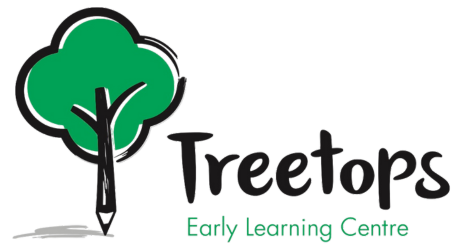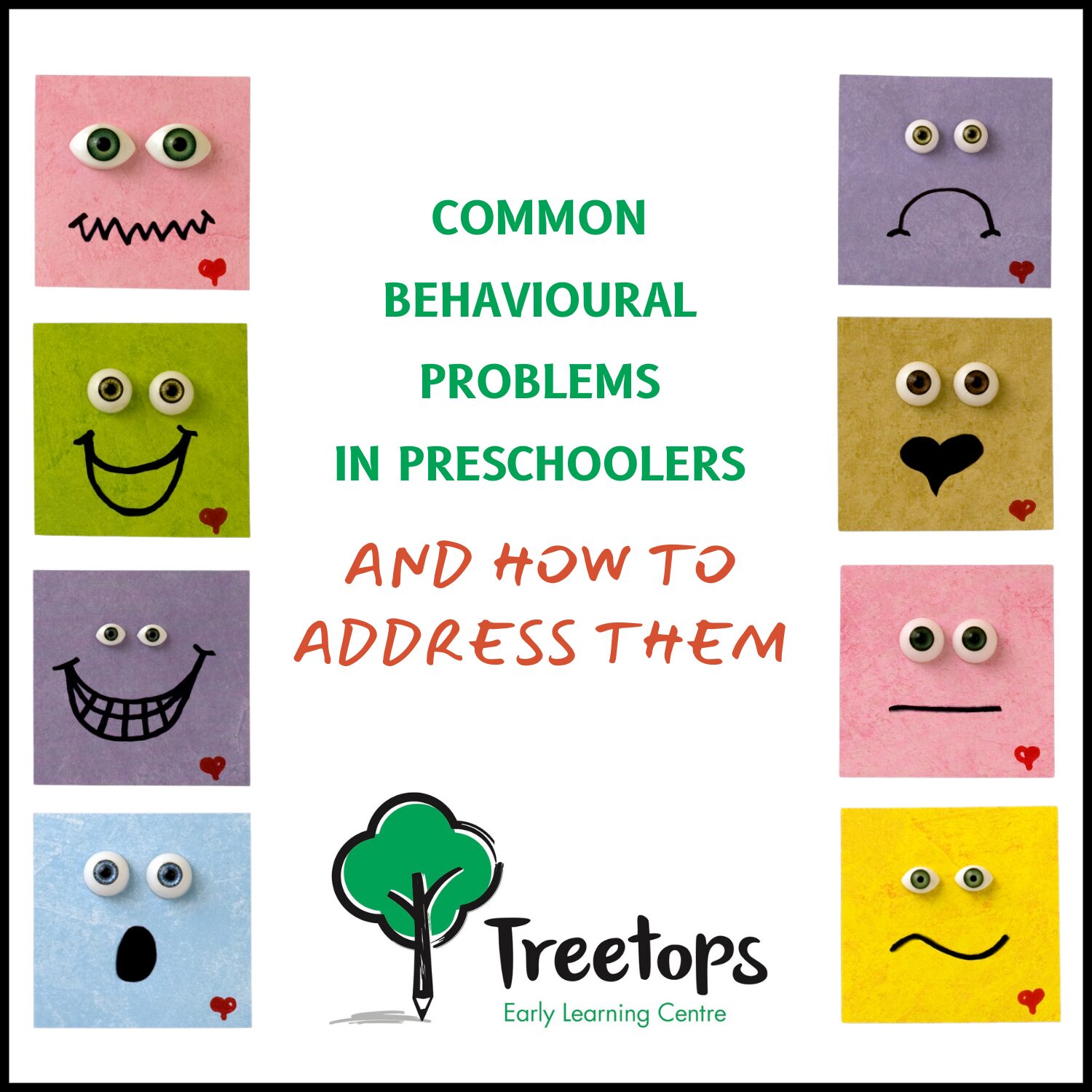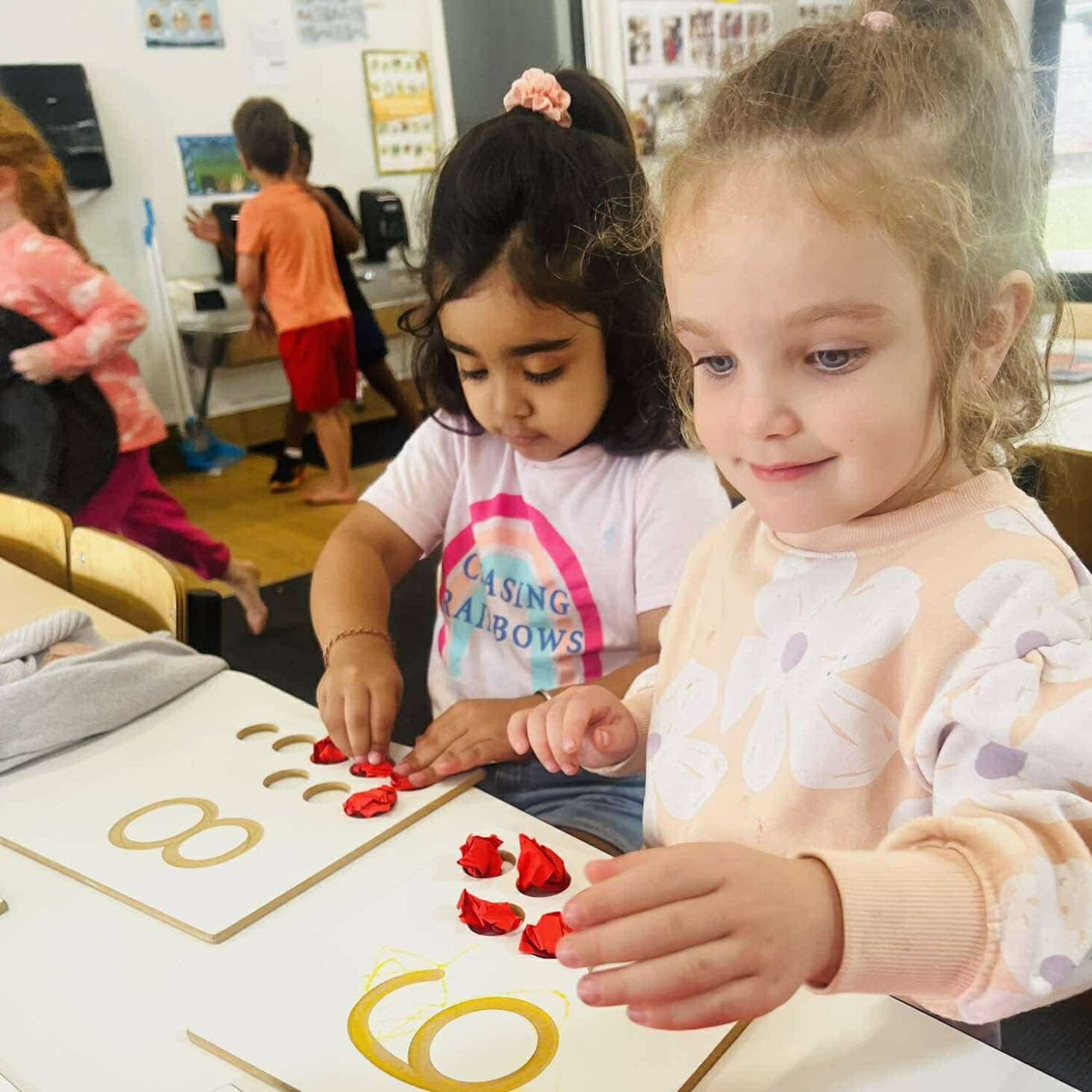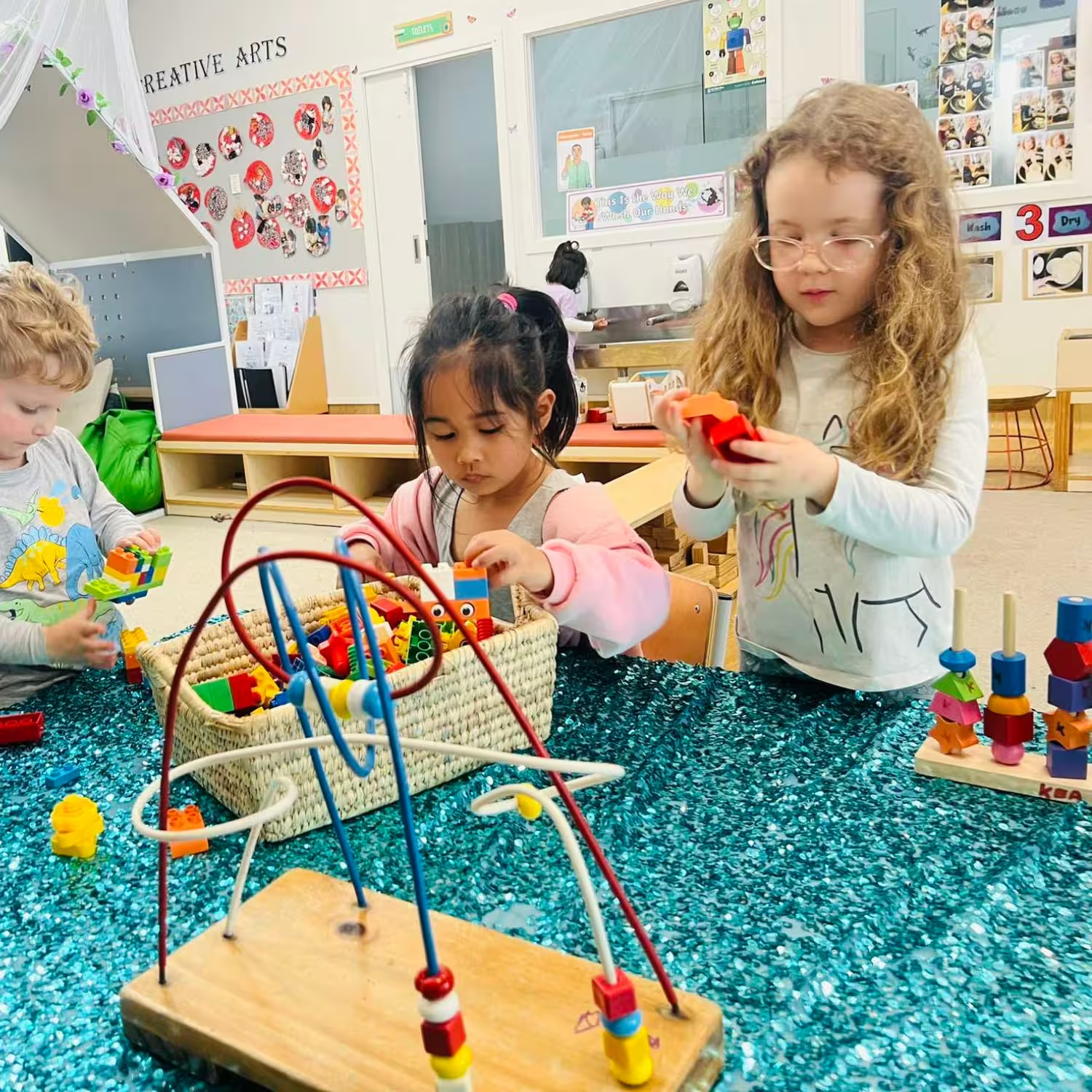Preschool is a time of immense growth, exploration, and learning. As children navigate new experiences and interactions, it’s natural for them to exhibit challenging behaviours. At Treetops Early Learning Centre (ELC), we embrace the Te Whāriki early childhood curriculum, fostering a holistic, relationship-based approach to guiding children’s behaviour in a nurturing and supportive way.
Understanding Common Behavioural Challenges
Each child has distinct qualities and progresses through their emotional development in unique ways. However, our experienced teachers at Treetops daycare centres have identified common behavioural challenges that they’ve seen in preschool children over the years:
Tantrums and Emotional Outbursts – Young children are still developing emotional regulation skills and may struggle to express frustration, disappointment, or tiredness in words.
Aggressive Behaviour (Hitting, Biting, or Pushing) – Some children resort to physical actions when they feel overwhelmed or are unable to communicate their needs effectively.
Difficulty Following Instructions – Asserting independence is a natural part of preschool development, sometimes leading to resistance.
Difficulty Sharing and Taking Turns – Social skills take time to develop, and understanding fairness is a gradual process.
Separation Anxiety – Adjusting to time away from parents can be challenging, especially in new environments like daycare.
Fear and Anxiety About the Unknown – Loud noises or unfamiliar situations can sometimes trigger anxiety.
How Our Treetops Teachers Address Challenging Behaviours at Daycare
At Treetops ELC, we use strategies rooted in Te Whāriki’s principles of empowerment, holistic development, family and community, and relationships to support children’s behavioural growth.
1. Our Teachers Acknowledge Emotions and Teach Self-Regulation
Rather than dismissing a child’s feelings, we help them understand and manage emotions:
Acknowledge their emotions: “I can see you’re feeling frustrated because you wanted that toy.”
Encourage calming techniques like deep breathing or counting.
Practise mindfulness—simple techniques like smelling the flowers and blowing out the candles (deep breathing) help regulate emotions.
Create a calming corner where children can go if they feel they need privacy from a busy day where they can calm their feelings with some sensory toys, books and comfortable pillows.
2. We Model and Reinforce Positive Behaviour at Daycare
Children learn by observing others. Show them the behaviour you want to see:
Praise positive actions: “Great job using your words to ask for help!”
Reinforce sharing and kindness through stories and play.
Guide children to resolve disputes by taking turns speaking and finding solutions together.
3. Set Clear, Consistent Expectations
Preschoolers thrive on structure and routine. Our teachers make expectations simple and clear:
Use positive language: Instead of “Don’t run,” say “Use walking feet inside.”
Offer choices to encourage cooperation: “Would you like to pack up the blocks or the books first?”
4. Provide a Safe and Supportive Daycare Environment
Creating a secure environment helps reduce anxiety and frustration:
Ensure children have opportunities for independent play and guided activities.
Establish predictable routines to give them a sense of control.
Provide gentle transitions: “In five minutes, we will clean up.” This helps reduce anxiety.
5. Strengthen Relationships and Communication at Daycare
Strong relationships between teachers, parents, and children build trust and emotional security:
Maintain open communication with whānau about their child’s behaviour and progress.
Work together to provide consistency between home and daycare.
Validate children’s feelings: “I see that you are upset. Let’s find a way to make it better.”
Encourage peer interactions and group experiences to build teamwork and social skills.
Fostering Positive Behaviour At Our Daycare Centres
Encouraging good behaviour isn’t just about managing challenges—it’s about helping children develop the skills to navigate life with confidence and respect. At Treetops Early Learning Centre, we:
Encourage Manaakitanga (kindness and respect) by promoting empathy and cooperation.
Support Whanaungatanga (relationships and connection) to create a strong sense of belonging.
Use Ako (learning together) to help children understand consequences and choices in a positive way.
Nurture Rangatiratanga (self-leadership and independence) by empowering children to express their emotions and make responsible decisions.
By approaching behavioural challenges with patience, understanding, and a values-driven approach, we help children develop the social and emotional skills they need for lifelong success. At our daycare centres in Botany and Pukekohe, we create a warm and supportive environment where every child can thrive.
When to Seek Professional Help
While most behavioural challenges are a normal part of childhood development, some persistent behaviours may require additional support. Consider seeking professional help if:
Your child’s behaviour is significantly impacting their ability to interact with others or participate in daily activities.
There are frequent and intense emotional outbursts that do not seem to improve over time.
Aggressive or self-harming behaviours become a pattern.
Your child experiences extreme anxiety or fear that interferes with their ability to enjoy daycare and other social settings.
In New Zealand, parents can access support through:
Plunket – Offering parenting support and child development advice.
The Ministry of Education’s Learning Support Services – Providing help for children with additional learning or behavioural needs.
Your GP or Paediatrician – They can assess your child’s behaviour and refer to specialists if needed.
Parenting Place – A great resource for parenting workshops and guidance.
Treetops Early Childhood Teachers – Our educators at Treetops ELC have extensive experience in child development and can offer some insight, share their experience or point you in the right direction.
The New Zealand Government also provides valuable resources for parents whose children may require special support.
If you have concerns about your child’s behaviour, we encourage you to speak to their teachers. With years of experience working with different behaviours and personalities, they can offer helpful insights and practical strategies tailored to your child’s needs. Our team is dedicated to working alongside parents, providing guidance and reassurance in a compassionate and understanding way. It takes a village to raise a child, and we are here to support our families every step of the way.




